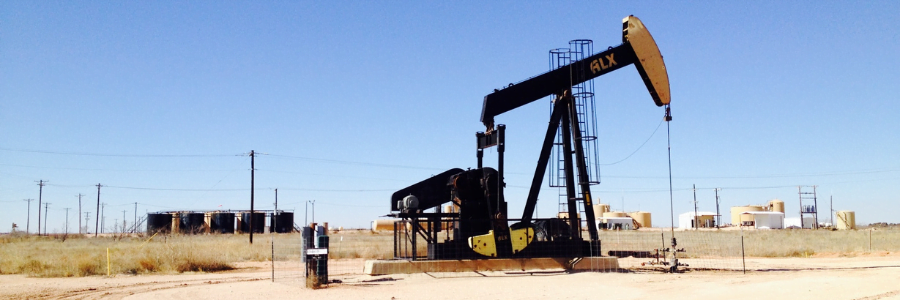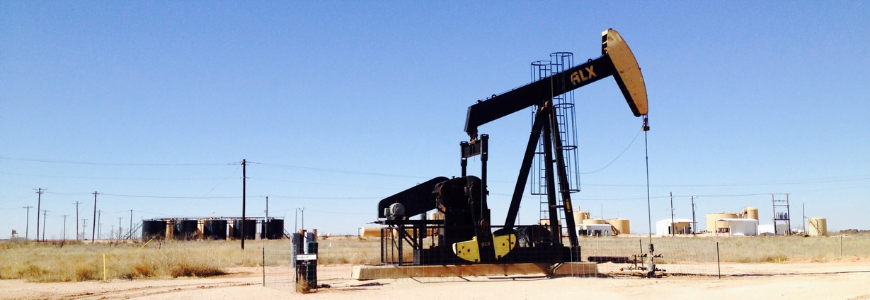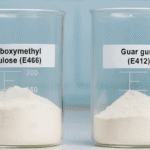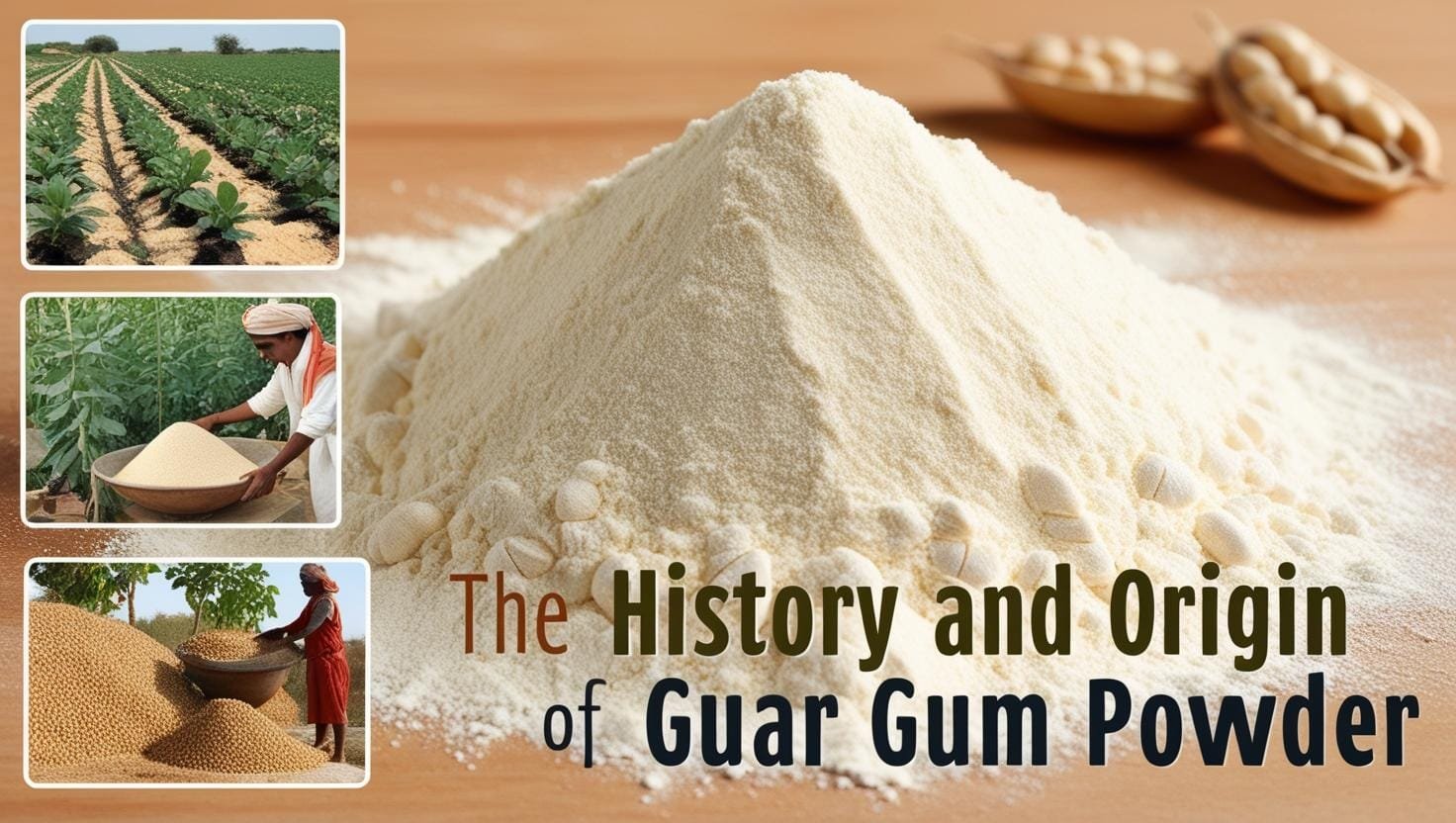Guar Gum in Oil Drilling

Guar Gum in Oil Drilling is considered an adaptable component and is essential to the drilling process and cannot be replaced because it ensures effectiveness, safety, and ultimately the successful extraction of precious minerals.
The Crucial Function of Guar Gum in Oil Drilling Fluids:
Drilling fluids, also called drilling mud, are complex mixtures of water, other chemicals, guar gum, and clays. These fluids are essential to the drilling process in several ways.
- Lubrication: Guar Gum in oil drilling make drilling easier by reducing friction between the drill string and the borehole walls.
- Cooling: To avoid overheating and damage, drilling fluids transfer heat away from the drilling bit.
- Control of formation pressure: To avoid blowouts and maintain wellbore stability, they provide hydrostatic pressure to the walls of the formation.
- Cuttings removal: To keep a borehole clean, drilling fluids transport the rock shavings produced during drilling to the surface.
- Guar gum serves as a vital thickening ingredient in drilling fluids and offers several crucial advantages, such as:
- Better hole cleaning: By keeping cuttings from building up in the borehole and delaying the drilling operation, the enhanced viscosity of Guar Gum also helps to guarantee that they are efficiently delivered to the surface.
- Increased viscosity: Drilling fluids’ viscosity is greatly increased by guar gum, which enables the fluids to carry out their primary duties. Guar Gum is essential for effectively eliminating cuttings while controlling formation pressure.
- Minimized fluid loss: Guar gum in oil drilling contributes to the maintenance of proper water pressure and reservoir stability by reducing fluid loss into sensitive formations.
- Improved suspension qualities: It keeps other additives and weighing materials maintained in the drilling fluid, preventing them from settling and guaranteeing that they are effective.
Variants of Guar Gum Used In Drilling:
Different types and levels of guar gum are needed in drilling. The specific type of guar gum in oil drilling depends on the desired properties and the specific needs of the drilling operation, such as:
- High-viscosity guar gum: This kind is frequently utilized in difficult formations and deep wells where high viscosity is necessary for stable wellbore and efficient hole cleaning.
- Low-viscosity guar gum: This kind works best in less difficult formations and shallower wells where a lower viscosity is required.
- Modified Guar Gum: Guar gum that has been chemically altered to give particular qualities, like increased salt tolerance or heat stability, is known as modified guar gum.
Beyond Thickening: Further Uses of Guar Gum in Drilling:
- Fracturing Fluids: Guar gum in oil drilling is used in fracturing fluids to break up the rock formation and make it easier for gas and oil to flow across.
- Cementing: By preventing fluid movement, it helps maintain the integrity of the wellbore during the cementing process.
- Workover and terminating fluids: Guar gum is utilized to give these fluids viscosity and regulate fluid loss during different procedures.
The Future of Guar Gum in Oil Drilling:
The importance of guar gum is predicted to grow as the oil and gas sector encounters greater difficulties. The goal of research and development is to produce new forms of guar gum with enhanced performance features like increased salt tolerance and thermal stability. Furthermore, efforts are in progress to create sustainable substitutes for guar gum, like bio-based polymers, to decrease dependence on this organic material.
Prospective Difficulties that can occur:
- Constraints in the supply chain: The use of guar gum in oil drilling industries is globally increasing not only in oil drilling but also in other industries throughout the world. In some areas, demand is greater than supply, which could cause problems with supply chains and price swings.
- Cost Volatility: The price fluctuations of guar gum in oil drilling sector can have a major impact on drilling operations, putting more pressure on oil and gas firms.
- Environmental Concerns: In some places, guar bean farming can result in high water resource requirements and soil erosion. This puts into question the sustainability of guar gum manufacturing on a broad scale from an environmental standpoint.
In Summary, due to its special qualities and adaptability, guar gum in oil drilling industries is still an essential component for safe and effective oil/gas drilling operations.
Guar Gum: Indispensable tool in the energy industry!






